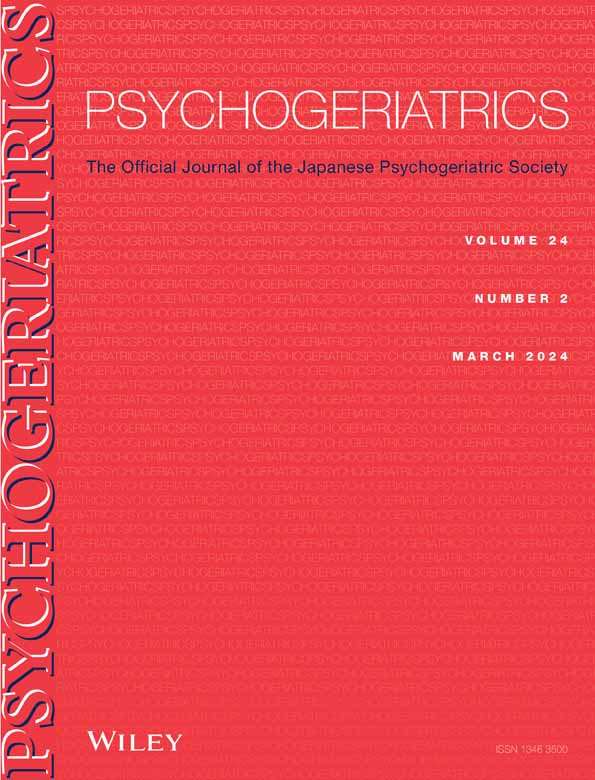The relationship between metacognitive processes and cognitive performances in older adults with no significant impairment: a cross-sectional study
ABSTRACT
Background
Metacognitive dysfunctions have been implicated in several neuropsychiatric conditions, while cognitive performances have been evaluated by measuring cognitive domains in older adults. This study investigated a relationship between metacognitive processes and cognitive performances in older adults.
Methods
A sociodemographic form, the Standardised Mini-Mental State Examination (SMMSE) and the Metacognitions Questionnaire-30 (MCQ-30) were applied to participants aged >65 years who had no significant cognitive decline defined as normal or with mild cognitive impairment.
Results
‘Negative beliefs about worry’ and ‘need to control thoughts’ domains of MCQ-30 were related to cognitive performance measured with SMMSE. Increased negative beliefs about worry were a predicting factor for total cognitive performance as a means of contributing to cognitive impairment, whereas an increased need to control thoughts was related to having a less likely cognitive impairment.
Conclusions
Metacognitive dysfunctional processes, in particular about worry, might contribute to determining more decent outcomes for cognitive conditions in older adults with no significant cognitive dysfunction.
Open Research
DATA AVAILABILITY STATEMENT
The data that support the findings of this study are available on request from the corresponding author. The data are not publicly available due to privacy or ethical restrictions.




